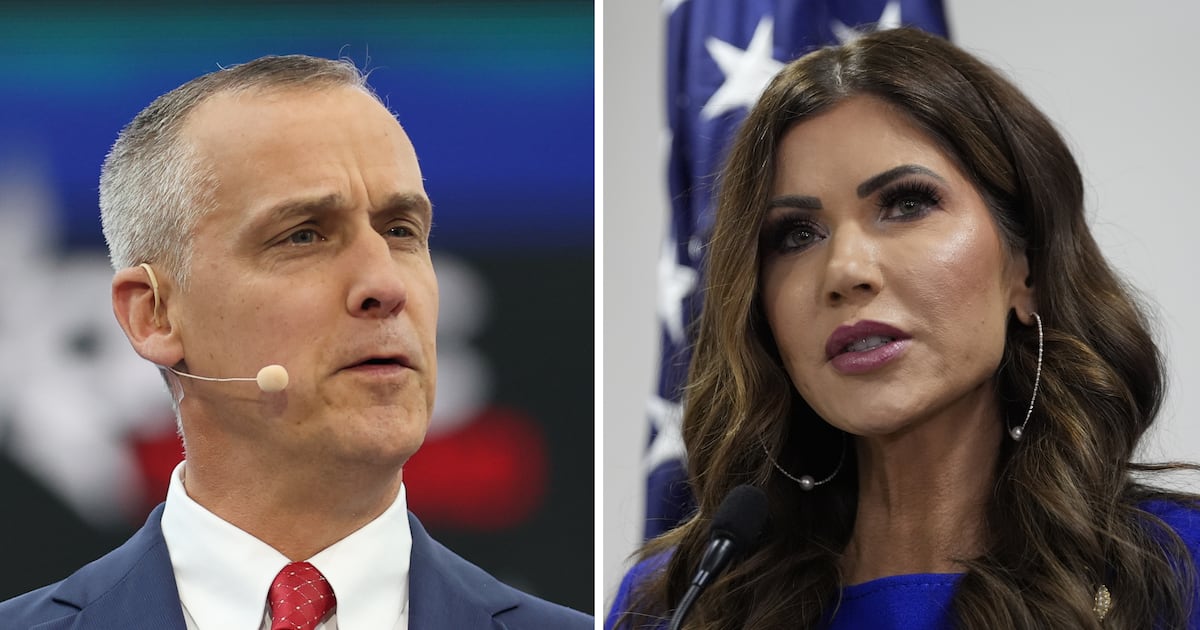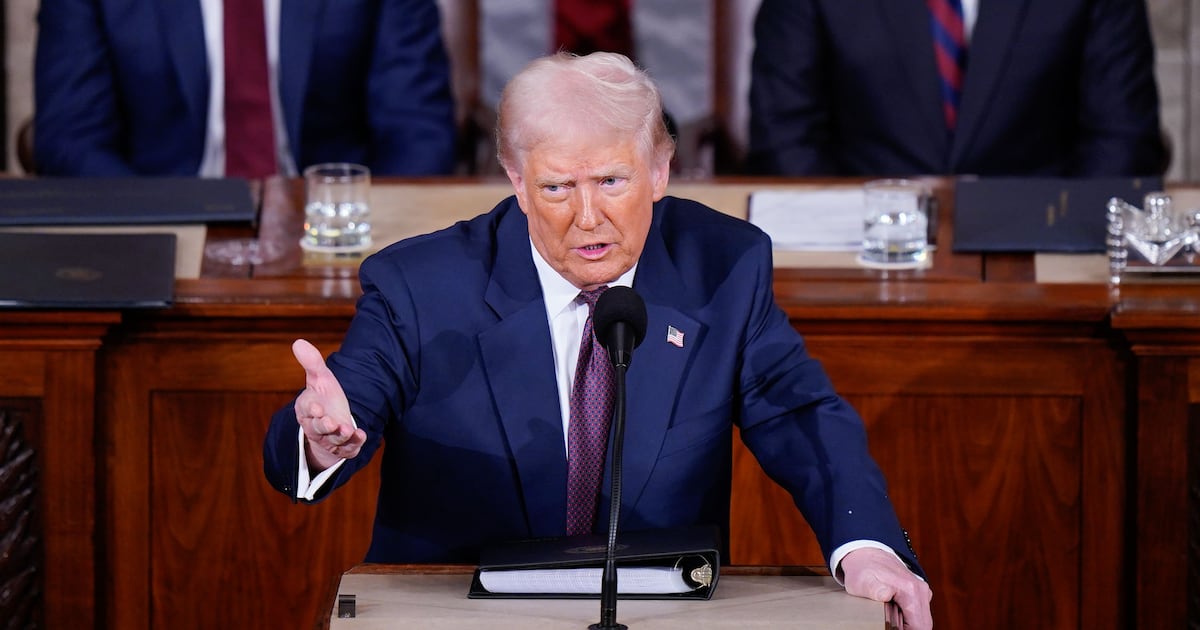If and when Donald Trump leaves office, whether now or the day after the election, it should be by resignation. We cannot and should not wait until Inauguration Day, January 20, 2021, for him to vacate the White House. His departure has become a matter of national emergency, national safety, and now national security.
The polls show Trump losing by large margins to Joe Biden if the election were held today. His nearly catastrophic handling of the COVID-19 pandemic has resulted in tens of thousands of unnecessary infections and deaths.
And things are getting worse following the premature reopening of states, something Trump insisted upon. He wears no face coverings, despite the recommendations of his own task force. He holds mass rallies in violation of local health regulations and recommendations.
The news that he may have failed to take note of intelligence reports that suggested that Vladimir Putin had offered bounties for the deaths of American soldiers in Afghanistan makes him a national security risk.
If Trump does not resign before the election in November, there is little question he should resign the next day if he loses, especially if the election is not close, and turn the reins of power over to the president-elect. A landslide win by Biden will mean that the pandemic is not under control and probably that the economy remains in turmoil or perhaps ruins.
This makes Trump’s immediate removal from office all the more compelling because experts are warning that COVID-19 may build into another wave just as the regular flu season kicks into high gear starting in November. The health consequences could be catastrophic without a steady and clear national response.
Trump’s resignation and turning power over to the new president-elect may be the only way to keep the situation from spiraling.
How could this happen? Putting aside for the moment whether Trump would actually do this, there is—sort of—precedent for such behavior. While Richard Nixon is the only president to resign his office, there is another president who considered the possibility of immediate resignation and the transferral of power within days of the election to a new president-elect from the opposing party.
That president also faced a world of high uncertainty and danger. He believed it was his duty to step down if he didn’t win, as soon as the election result was known.
Woodrow Wilson, our 28th president, is not held in high regard these days. Princeton University, where he taught government and was president from 1902 to 1910, has decided to remove his name from university institutes and programs. “Wilson’s racism was significant and consequential even by the standards of his own time,” Christopher Eisgruber, current president of Princeton, said in a statement released last week. President Trump tweeted that the move was “incredibly stupid.”
But it was not a crisis over racism that caused Woodrow Wilson to type out his resignation letter in 1916; it was a world war.
By the fall of 1916, Wilson had kept the United States out of the European conflict for over two years. Despite his attempts to mediate an end to the war, the belligerent powers remained in a deadly stalemate. The battle for Verdun in France, horrific by any historical measure, started in the spring of 1916 and would continue, with unrelenting bombardments, until December. The Germans intended to “bleed the French white.”
The human carnage was stultifying: nearly 800,000 men were killed in just 300 days of battle. The Battle of the Somme was worse. Having begun in July, it eventually resulted in a death toll of 1.3 million in just four months.
Against this calamitous backdrop, Wilson was convinced that if he lost, he needed to transfer power immediately to his challenger, Republican Charles Evans Hughes. Until the passage of the 20th Amendment to the Constitution, a president-elect would have to wait four months before being inaugurated, on March 4. (The lame-duck amendment in 1933 moved the date up to January 20).
Wilson had reason to be concerned that he may not be re-elected, though he had spared America any involvement in the war so far. In 1912, Wilson was elected only because Theodore Roosevelt split the Republican Party and ran against the Republican incumbent, William Howard Taft, on the Bull Moose ticket. With the Republicans “reunited” in 1916 behind former New York governor and Supreme Court associate justice Charles Evans Hughes, the odds of Wilson winning seemed long.
Recognizing this, Wilson sat down at his portable Hammond typewriter days before the election to peck out his conditional resignation. He recognized, he wrote, that if Hughes prevailed, “I would be without such moral backing of the nation as would be necessary to steady and control our relationship with other governments.” The situation would be “fraught with the gravest dangers.”
He concluded that, in that event, he needed to appoint Hughes as his secretary of state, secure his vice president’s agreement to resign, and then resign himself. Under the rules of succession then in effect, Hughes would immediately become president.
“I would have no right to risk the peace of the nation,” Wilson wrote, “by remaining in office after I had lost my authority.”
Trump would need to recognize this same responsibility if he is rejected at the polls in November. With the pandemic still afoot and the economy a mess, there would be no time to waste at this critical juncture. But since the line of succession is different today, how could President-Elect Biden become President Biden before Jan. 20?
Here’s how. Under the 25th Amendment, ratified and passed in 1967, a president can appoint a vice president in the event of a vacancy in the office, with the consent of the House and the Senate by simple majorities in each chamber. In this case, Trump would ask Pence to resign, appoint Biden as his VP, and then resign himself, allowing Biden to succeed to the presidency.
A final hurdle would be the Republican-controlled Senate, which has been Trump’s lapdog under Mitch McConnell. But clearly if Trump actually did his duty and resigned, it seems improbable that the Senate would stand in the way.
Of course, it is impossible to conceive of Donald Trump resigning, even with a widening crisis unfolding all around him. Then again, Richard Nixon was no quitter, as he acknowledged when he resigned. So who knows? Trump likes to sulk and feel sorry for himself—so he could say “to heck with you” if he is humiliated at the polls.
In the end, Wilson did not need to resign because he squeaked out a victory in 1916. The election was so close that Hughes went to bed election night being congratulated on his victory, and it took days for the result to finally become clear.
Ironically, Wilson typed his provisional resignation letter in his erstwhile summer home in New Jersey, known as Shadow Lawn. That home burned down later, but a new Shadow Lawn was erected, located on the campus of Monmouth University. Two weeks ago, Monmouth announced that it would remove Wilson’s name from the mansion built to replace the one that was destroyed.
James Robenalt is the author of The Harding Affair, Love and Espionage During the Great War and January 1973, Watergate, Roe v Wade, Vietnam and the Month That Changed America Forever. He occasionally lectures with John Dean, Nixon’s White House Counsel, on legal ethics.







